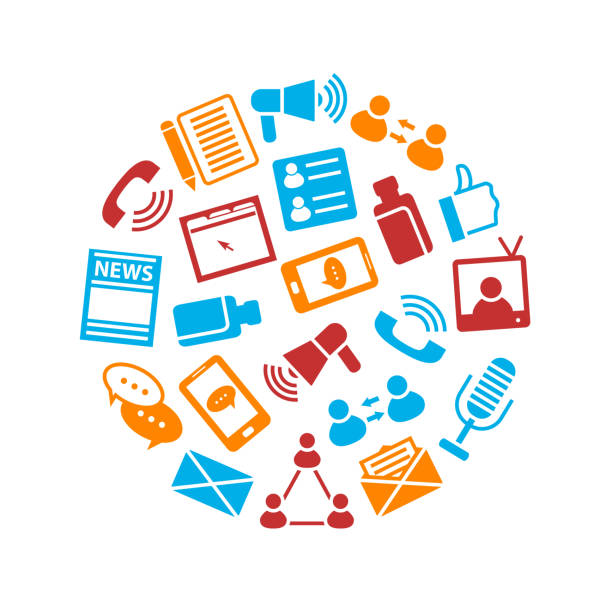
In a rapidly evolving society, the need for effective communication methodologies has never been more critical. While we often emphasize shared decision-making and personalized communication with individuals, we must also recognize the vital role that effective health communication plays in shaping public health. In today’s age of social media, a 24-hour news cycle, micro-targeted messaging, and advances in artificial intelligence; health literacy is becoming increasingly driven by our social engagement platforms.
In this complex landscape, we face several crucial questions. Who should take responsibility for ensuring the accuracy and validity of health information, and what is the most effective way to deliver it? Moreover, with logic and critical thinking often missing from modern educational curricula, it becomes even more essential to consider how people receive and interpret information. The skills of logic and critical thinking are crucial components of health communication science that deserve a central place in our efforts.
Addressing these challenges requires a public health approach. While Professional Societies have historically played a role in disseminating health information, there is a growing need for a central entity to coordinate and ensure the quality of health information delivery. Public health systems, as well as healthcare organizations, are well-positioned to assume this role. They can contribute through research, educating the next generation of public health professionals, viewing themselves as community assets, and supporting others in disseminating information while actively monitoring and countering misinformation.
The field of health communication is currently facing a perfect storm. Failing to address these challenges not only hampers our ability to provide value to the public but also risks allowing others to control the narrative, as we witnessed during the COVID-19 pandemic. Understanding the science behind how people are affected by information, both in terms of content and delivery methods, is imperative. Behavioral sciences and social anthropology components are essential in enhancing our impact on the public. Those who specialize in messaging, irrespective of content, recognize the significance of these factors and leverage them effectively.
For the healthcare ecosystem to continue to succeed in improving the health of individuals and communities, it must actively engage in the realm of health communication. Optimal health outcomes increasingly depend on the effectiveness of our communication strategies, perhaps even more so than medical treatments. It is high time we acknowledge that the delivery of information is as crucial as the delivery of clinical care. The activation and engagement of those we serve are far more critical than merely imparting information. The way we connect with individuals can significantly impact their health. To maintain control over this space and ensure the well-being of our communities, we must change our perspective and prioritize effective health communication.
It is time for the healthcare industry to come together and deepen our understanding of these dynamics. We should invest the same energy in the delivery of information as we do in the delivery of care. By doing so, we can navigate the challenges of our rapidly changing information ecosystem and elevate healthcare to new heights.
